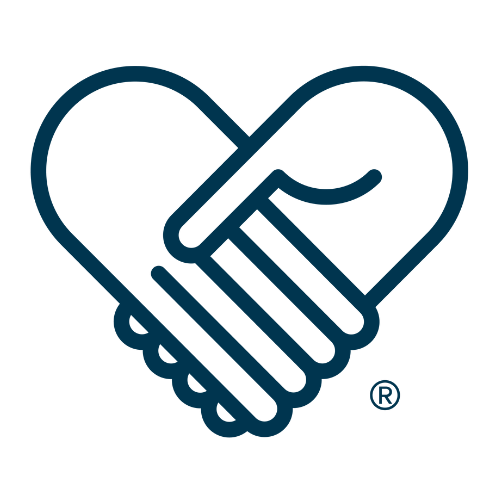“It Shouldn’t Be This Way”: Madagascar’s Hunger Crisis
Arina doesn’t mind the walk to her elementary school. The drought that has gripped where she lives in Madagascar means the ground is dry and the sun is harsh, but she gladly makes the trip because of what’s waiting for her at the end.
“I didn’t go to school before. It happens [often] that we don’t eat. We don’t have breakfast or lunch. I cried when I thought that I would not have lunch. But when my dad heard about the feeding program, he decided to send me back to school again.”
Like so many other children in Madagascar, Arina’s education depends on food. With more than 90% of the population living on less than $3.10 a day, parents are desperately trying to find ways to make sure their children are fed.
The Vicious Cycle of Hunger
To say hunger in Madagascar is a problem is a gross understatement.
Located in the Indian Ocean off the coast of Africa, Madagascar is the fourth-largest island in the world. Although rich with natural resources, the country ranks at the bottom of the Global Hunger Index. A third of its population regularly make major sacrifices in terms of how often and how well they eat.
“The majority of Malagasy people are farmers,” said Alice Rahelimalala, Convoy of Hope’s National Director in Madagascar. “It’s really hard for families to make ends meet. Because of that lack of good quality and quantity food for their children, they are facing malnutrition.”
The sobering truth is that more than 40% of all children in Madagascar are malnourished.
“When kids are malnourished, they are not really motivated to do things such as studying, because studying requires a lot of strength from [their] body and brains,” said Anto Ranansonjisoa, a Convoy of Hope volunteer.
On top of food insecurity, natural disasters frequently wreak havoc on the island. Whether it’s living through one of the worst droughts in the last half century or experiencing nearly 50 cyclones in the last 15 years, the more than 28 million people who call Madagascar home cannot seem to catch their breath before another disaster strikes.
“It shouldn’t be this way,” Alice said with tears running down her cheeks. “Because all those children were made equally in the eyes of God.”
Convoy’s Work
In 2022, Convoy of Hope expanded our Children’s Feeding initiative into Madagascar. We believed our long history of serving countries throughout Africa and a dedicated in-country staff could make a difference in Madagascar. We set out to try and reach the goal of feeding 5,000 children.
A year later, Convoy was feeding 7,000 children at 39 program centres across the island.
“I am really amazed,” said Voahangy Rasoarimalala, the director of one of the schools Convoy serves, “because I notice that the kids are really growing.”
Hanitriniaina Andrenoelina, one of the teachers, said, “I have noticed big changes in their strength and intelligence. I have really great hopes for those kids.”
Tiana Anjarasoa, a Convoy of Hope nutritionist, stated her goal plainly. “If we can bring all that we’ve done here to other communities in Madagascar, we will see transformation in all of Madagascar.”
The Role You Play
Hunger still affects so many children across Madagascar, and Convoy is committed to serving the island for as long as it takes to see an end to the hunger crisis the country is experiencing.
“It’s painful, because we are trying to reach as much as we can,” Alice said. “But still, there are many kids that need help around the island.”
Arina is one of the children whose life has changed because of your kindness. Having at least one daily meal has changed her entire experience at school. “Thanks to this everyday lunch, my brain started working better. It’s amazing!”
But Convoy can’t do it alone. Transformation can’t happen without food security. No one can look to the future when their present reality is absent of food. Hunger undermines any effort a person, family, or community makes to break the cycle of poverty.
Let’s partner together and bring an end to the cycle of hunger in Madagascar, throughout Africa, and across the world.


